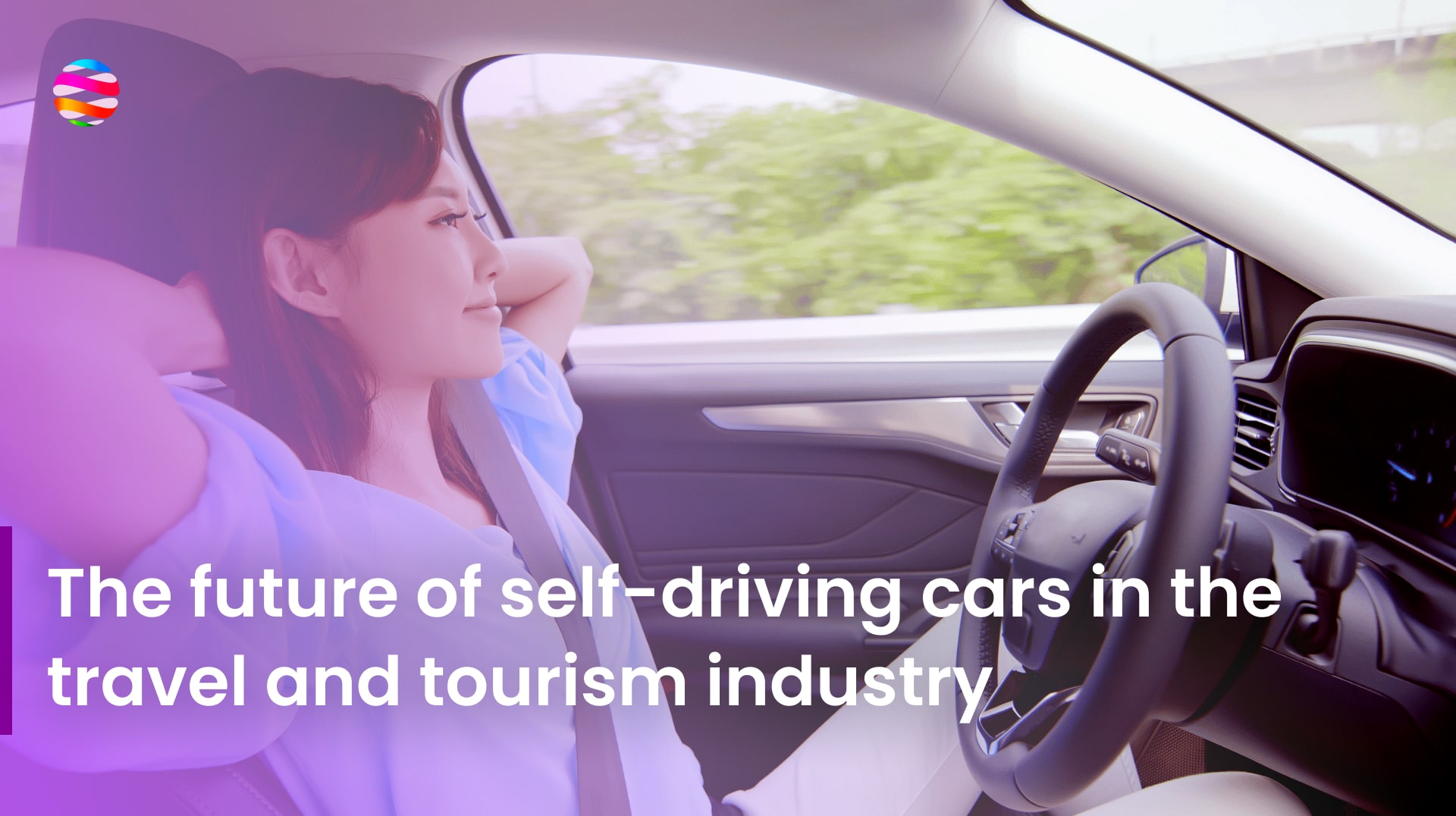As time progresses, technology does too! At the epicenter of technology is the desire to innovate and facilitate human life. Self-driving cars are a technological wonder and have certainly impacted our lives.
Self-driving cars are the future!!
In this article, we shall discuss the future of self-driving cars in the tourism industry.
Driverless cars, also known as Autonomous Vehicles, will evolve rapidly in technology and offer many benefits.
Benefits of self-driving cars
-
Offer much more safety.
-
Help lessen traffic congestion.
-
Provide mobility convenience to people who cannot drive a traditional car.
-
Are cost-effective as they save money on fuel and are more accessible to use.
-
Are better for the environment.
Self-driving cars in the tourism industry
Self-driving cars will positively impact the tourism industry.
They could lead to new ways of sightseeing called the ‘auto-tour.’ One can use this facility instead of guided tours and can be immediately available in cities when needed.
-
Safer choice:
These cars have a 360-degree vision while humans have only 180-degree vision horizontally, making self-driving cars much safer and more aware of their environment, leading to lower rates of accidents.
They have sensors and cameras (sensor technologies) that monitor and guide. They can create images in real-time. Also, autonomous vehicles can sense their environment and know what is coming ahead of them. Humans are incapable of doing so. The driver’s safety is also ensured, and so is the pedestrians' safety.
They lessen the errors that humans can make and might be capable of reducing car crashes. The technology is still comparatively new; it has the capability of eliminating human error to a large extent and reduce accidents.
-
Economical choice:
It is also good to remember that the taxi fares will be lower and cheaper than human-driven vehicles, where one must pay for their working hours.
-
Socializing for immobile people:
People who cannot travel due to health problems or because they do not have a driving license can now travel comfortably in an Autonomous car. They would have a chance to socialize, become mobile and get access to events outside.
-
Reduce traffic congestion:
This calls for a massive saving in space and lesser pollution. It cuts the average transportation cost. These vehicles are the most sustainable option for even day-to-day use as they do not pollute the environment; their carbon and greenhouse gas emissions are 0%.
Intuitive Automatic Assistant feature lets the drivers know about traffic conditions. It suggests alternate routes and finding a faster way to reach a destination. With more and more drivers using this function, they will know much ahead of time the routes that are efficient to reach faster and avoid congestion.
-
Vehicle-to-vehicle communication:
With vehicle-to-vehicle communications, things will change drastically. This will allow vehicles to share information about road conditions, speed, direction, and traffic flow. Cars will sense if the other vehicle is entering its lane.
Currently, the sensors send an alarm that will make the driver attentive. But in the future, things might change. A car can take over the brakes or steering. The car can sense a possible collision.
-
Hands-free steering:
This facility allows the sensors to control the steering. Driving is delegated to the vehicle, freeing the driver of his/her efforts. Conclusively, the driver can enjoy the driving experience. But much research and testing are required for this technology to be accepted.
· McKinsey research reveals that Autonomous cars could provide a revenue between $300 - $400 billion by 2035.
Let’s move on to more exciting observations about Autonomous Vehicles made by the University of Surrey’s Scott A. Cohen and Oxford’s Debbie Hopkin.
Impact of Autonomous Vehicles
Recreation, lodging, and sightseeing could change when travelers start mentally accepting the safety of autonomous vehicles and putting their comfort in the hands of these cars.
This would cut the cost of hiring human drivers.
These researchers have suggested the impact of Autonomous Vehicles in the following ways:
-
Entertainment:
It could lead to constant and readily available entertainment. One can watch a movie or engage in AR/VR entertainment, even if unrelated to the destination. It is always fun to have ready access to entertainment while traveling.
-
Self-driving cars could become common:
Autonomous vehicles are believed to be safer than those driven by humans, so travelers would prefer safer rides to a new location.
ETOS provides the best travel booking software for business, leading to sustainable destination management.
Connect with our team today to know more and ask for a free demo http://www.etosglobal.com/request_demos as well.
Keep reading our blog posts http://www.etosglobal.com/blogs for more exciting updates from the travel world.












